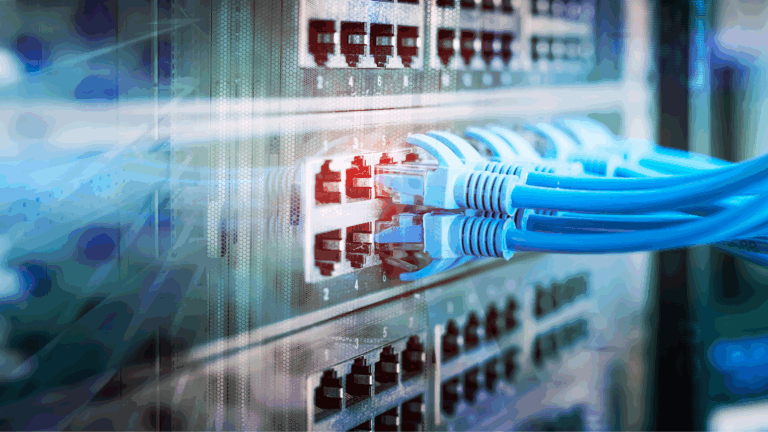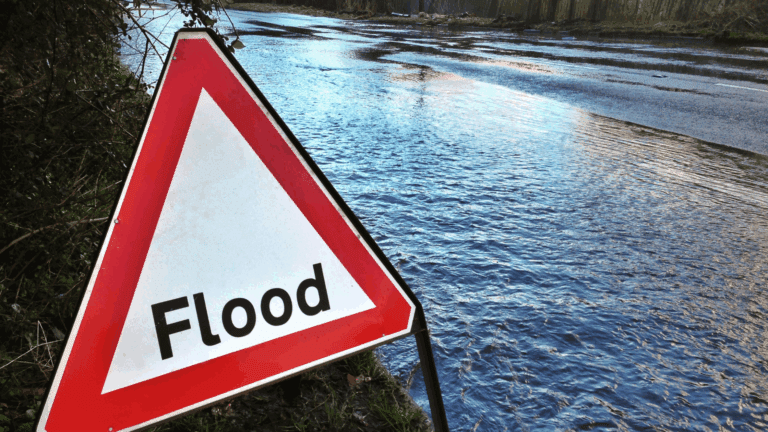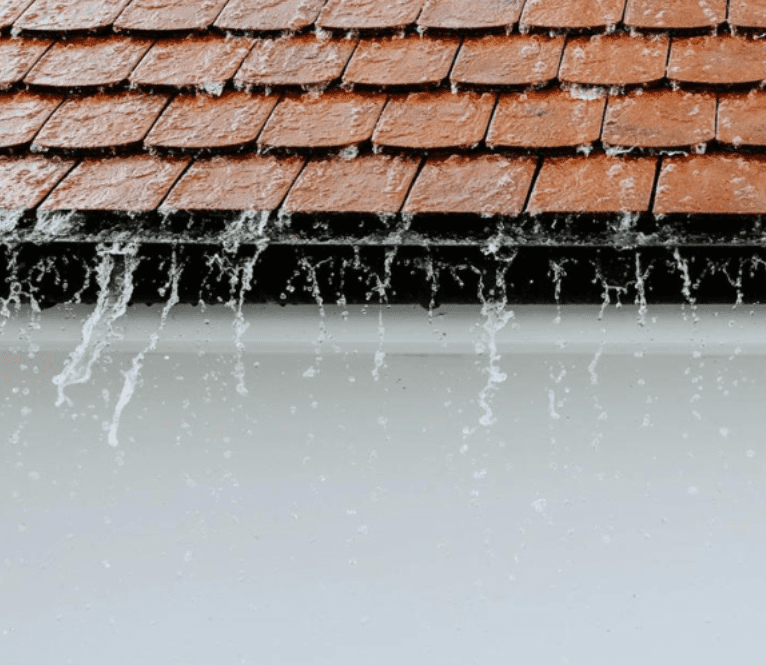
Optimising networks and reducing leaks
Every day around the world, about 45 billion litres of water are lost through leaks. With millions of miles of pipework serving homes, offices and industry, finding leaks is a great challenge. And once leaks have been found, fixing them can also be tricky.
However, intelligent infrastructure is allowing water usage (and loss) to be monitored, predicted and optimised more effectively. Smart water sensors have become essential to the industry in recent years – both in the clean water and waste water treatment fields. In fact, some forecasts suggest that this market will grow to more than $2bn by 2030.
By monitoring metrics like water levels, pressure and flow speed, water companies can collect real-time data, ensuring any leaks are spotted and repaired before they become a costly problem.
Smart sensors draw data from a several sources, including acoustic leak detection (where microphones are placed along pipework to pick up the sound of water escaping) and infrared sensors that identify changes in temperature on the ground caused by leaking water.
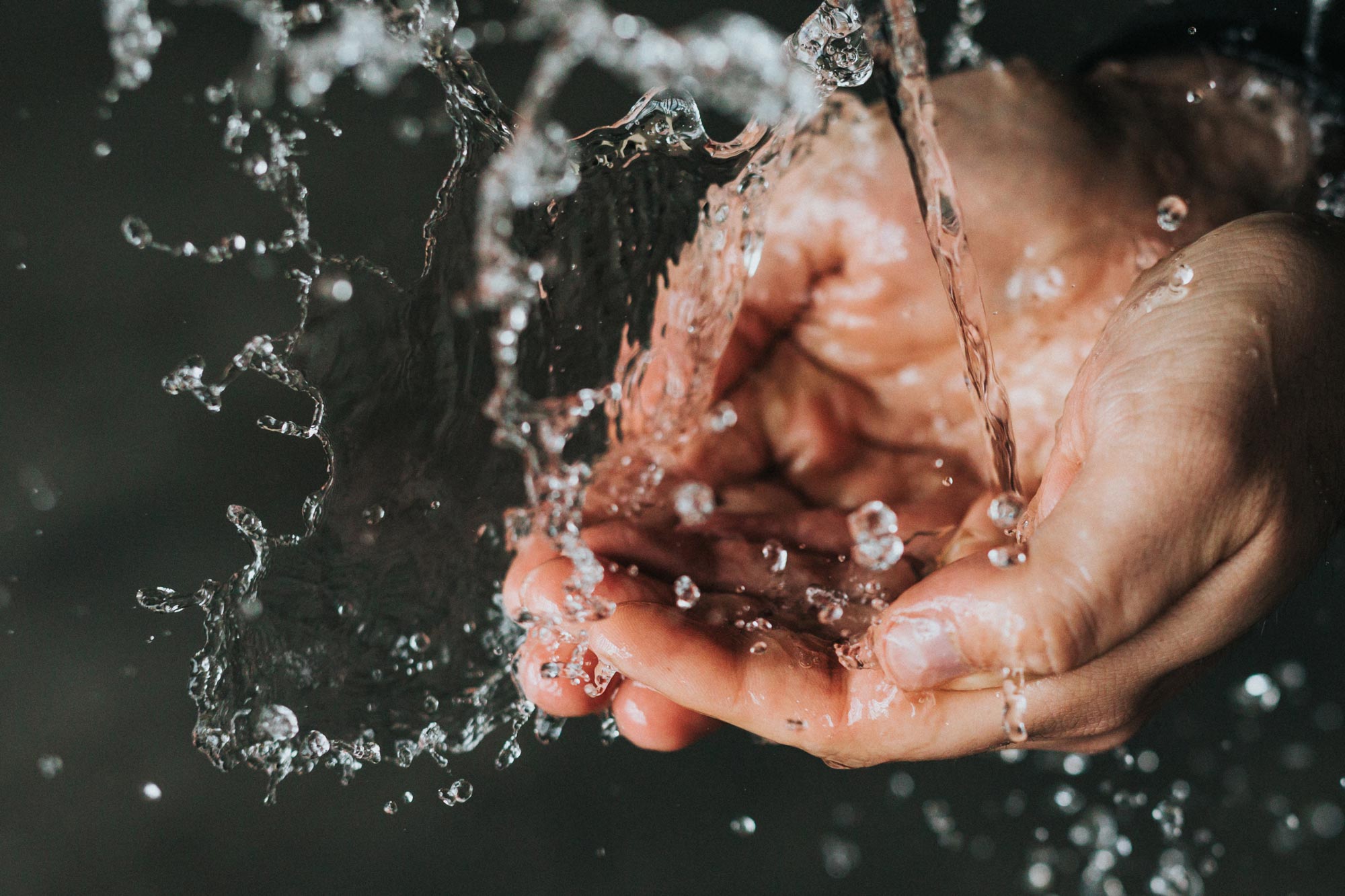
Efficient container and water cleaning
Technology is also making it easier to clean water and its containers. Industrial water containers require frequent maintenance, which is now increasingly being carried out by remote controlled robots that are both swift and efficient.
For water-intensive organisations, using state-of-the-art monitors can be important, too. For example, being able to monitor water hardness can help an industrial plant to combat issues such as limescale damaging their machinery.
Digital water testing also makes cleaning and recycling wastewater more accurate. Constant, real-time monitoring can cut treatment costs by over 40% in many cases. This not only helps to maintain quality but also helps to lower energy needs by up to 20 times, as well as potentially reducing trade effluent and wastewater bills.
Analysing water chemistry
Modern technology is making it easier to assess water, as well as save it. Rapid instrumentation systems allow water chemistry to be analysed in real time. Modular and customisable sensor solutions can take analysis out of the lab and into the field, with immediate results that provide essential knowledge for utilities providers and businesses alike.
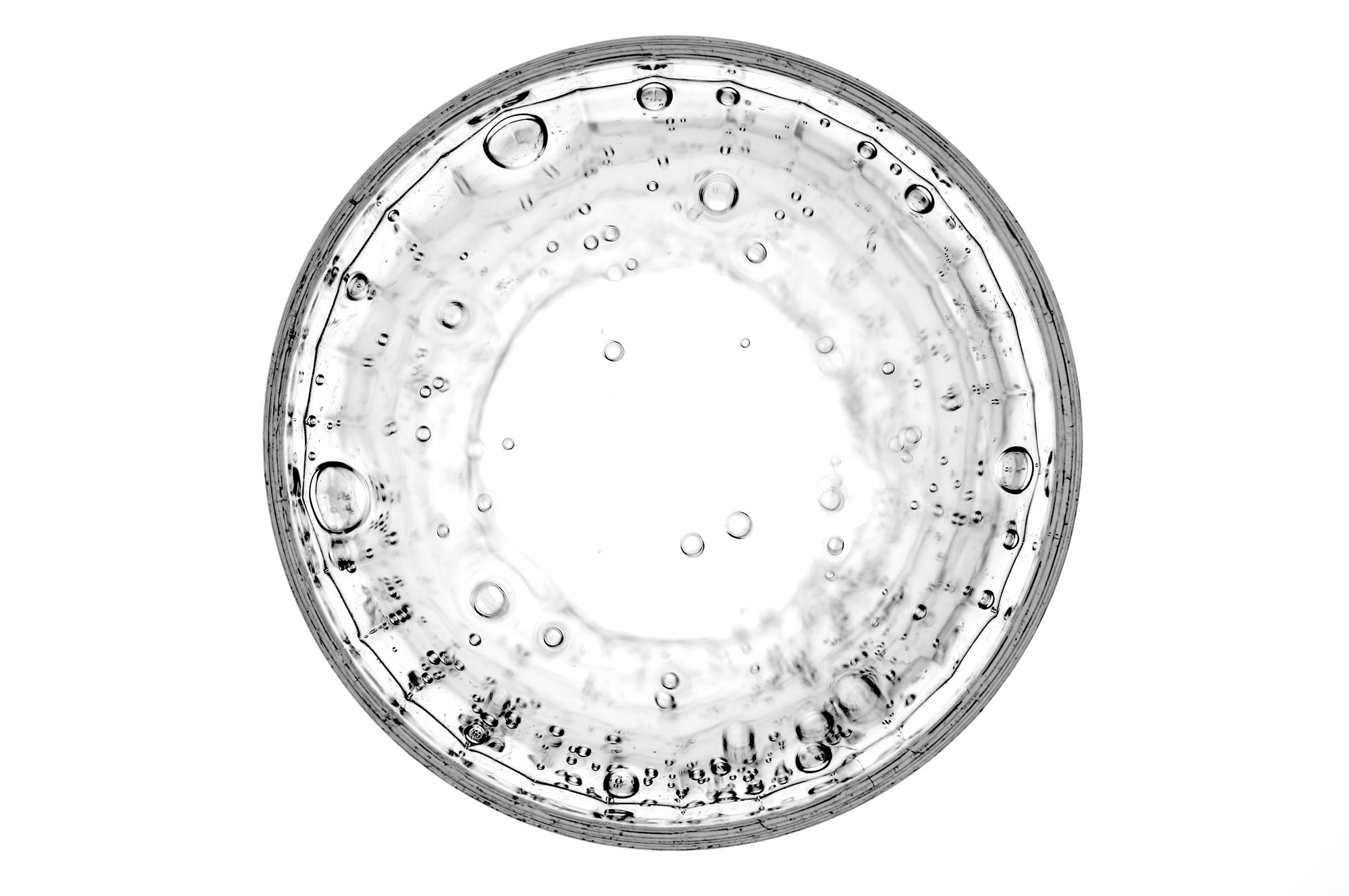
Understanding criticality
Until recently, it was time-consuming and labour-intensive to understand the consequences of infrastructure failure. But by using modern technologies, it’s now possible to understand the impact of failure quickly and prioritise essential maintenance using risk factors. This allows businesses to prevent or mitigate large scale failures more easily than ever before.
Treatment is key to a smooth water network, but it can be costly. Modern water monitoring technology makes it possible to highlight treatment needs before they become serious concerns – improving performance and saving time and money.
Unlock advanced water saving methods by switching your supplier
Choosing a forward-thinking business water supplier can unlock a whole world of technological advancement when it comes to business water management.
At Everflow, we’re proud to be a technology-led business that uses clever innovations to make our customers’ lives simpler. Our goal is to help organisations lower utility costs by moving towards more sustainable ways of using water.
Cutting carbon emissions
Regional wholesale water companies in the UK have committed to achieving net zero carbon in water operations by 2030, and modern technology is essential for achieving this ambitious goal.
Water efficiency and water recycling are at the heart of these efforts. After all, the less water wasted (either through leaks or unnecessary usage), the lower the energy requirements to transport and process water. By cleverly analysing data from smart meters and usage monitoring software, we can identify efficiency savings which we can recommend to our customers.
Artificial Intelligence is also increasingly being used to automatically make sense of the large volumes of data created by sensors, to help identify wastage and make recommendations for improvement.
5 ways that tech is helping to move the water industry forward
Optimising networks and reducing leaks
Every day around the world, about 45 billion litres of water are lost through leaks. With millions of miles of pipework serving homes, offices and industry, finding leaks is a great challenge. And once leaks have been found, fixing them can also be tricky.
However, intelligent infrastructure is allowing water usage (and loss) to be monitored, predicted and optimised more effectively. Smart water sensors have become essential to the industry in recent years – both in the clean water and waste water treatment fields. In fact, some forecasts suggest that this market will grow to more than $2bn by 2030.
By monitoring metrics like water levels, pressure and flow speed, water companies can collect real-time data, ensuring any leaks are spotted and repaired before they become a costly problem.
Smart sensors draw data from a several sources, including acoustic leak detection (where microphones are placed along pipework to pick up the sound of water escaping) and infrared sensors that identify changes in temperature on the ground caused by leaking water.

Efficient container and water cleaning
Technology is also making it easier to clean water and its containers. Industrial water containers require frequent maintenance, which is now increasingly being carried out by remote controlled robots that are both swift and efficient.
For water-intensive organisations, using state-of-the-art monitors can be important, too. For example, being able to monitor water hardness can help an industrial plant to combat issues such as limescale damaging their machinery.
Digital water testing also makes cleaning and recycling wastewater more accurate. Constant, real-time monitoring can cut treatment costs by over 40% in many cases. This not only helps to maintain quality but also helps to lower energy needs by up to 20 times, as well as potentially reducing trade effluent and wastewater bills.
Analysing water chemistry
Modern technology is making it easier to assess water, as well as save it. Rapid instrumentation systems allow water chemistry to be analysed in real time. Modular and customisable sensor solutions can take analysis out of the lab and into the field, with immediate results that provide essential knowledge for utilities providers and businesses alike.

Understanding criticality
Until recently, it was time-consuming and labour-intensive to understand the consequences of infrastructure failure. But by using modern technologies, it’s now possible to understand the impact of failure quickly and prioritise essential maintenance using risk factors. This allows businesses to prevent or mitigate large scale failures more easily than ever before.
Treatment is key to a smooth water network, but it can be costly. Modern water monitoring technology makes it possible to highlight treatment needs before they become serious concerns – improving performance and saving time and money.
Unlock advanced water saving methods by switching your supplier
Choosing a forward-thinking business water supplier can unlock a whole world of technological advancement when it comes to business water management.
At Everflow, we’re proud to be a technology-led business that uses clever innovations to make our customers’ lives simpler. Our goal is to help organisations lower utility costs by moving towards more sustainable ways of using water.
Cutting carbon emissions
Regional wholesale water companies in the UK have committed to achieving net zero carbon in water operations by 2030, and modern technology is essential for achieving this ambitious goal.
Water efficiency and water recycling are at the heart of these efforts. After all, the less water wasted (either through leaks or unnecessary usage), the lower the energy requirements to transport and process water. By cleverly analysing data from smart meters and usage monitoring software, we can identify efficiency savings which we can recommend to our customers.
Artificial Intelligence is also increasingly being used to automatically make sense of the large volumes of data created by sensors, to help identify wastage and make recommendations for improvement.

Contact Everflow today!
At Everflow, our goal is to make your utilities simpler. We ensure you get great-value contracts that are tailored to your needs and easy to manage.

